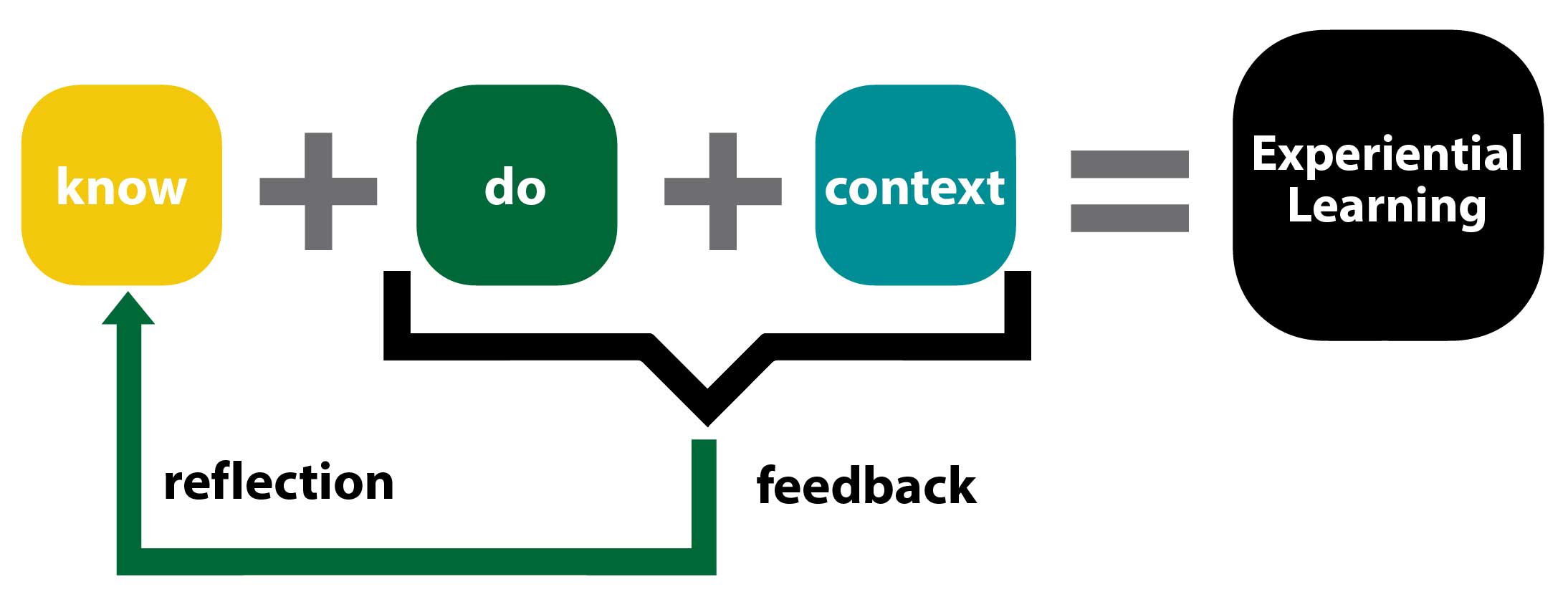Reflective Journaling: How instructor feedback helps students improve
Enhance student growth with instructor feedback in reflective journaling. Learn how targeted comments can improve student writing and critical thinking skills.
By Gwenna Moss Centre for Teaching and LearningJournaling is like capturing a series of snapshots of changing knowledge and skills. Reflective journaling is a lens through which students can examine their own progress, capturing moments of insight and understanding of their own learning. With continuous feedback from instructors, these journals bring clarity and refinement to the student experience.
We’re reflecting with Dr. Kathy Walker from the department of Political Studies to see how students develop and process their understanding in Political Studies 222 and 422. Throughout the term, students compose their thoughts and experiences, each entry serving as a snapshot of their intellectual journey. This process is not about a simple record of who’s paying attention, but rather, it’s about encouraging students to adjust their focus, dive into the depth of their learning, and bring forth new perspectives. This type of reflection is a necessary skill, and attitude, to develop for experiential learning.

At the start of the term, students receive a detailed set of instructions from Dr. Walker to help guide them through the process of reflection. In the first few entries, with the help of a teaching assistant, she provides specific feedback, helping students adjust and refine their thoughts. Students can revisit and improve incomplete journal entries, demonstrating that learning and growth are developed through the process of reflection.
Dr. Walker values bringing the world into the classroom. Guest speakers are invited and current news items are discussed, creating a collage of authentic experiences that makes students feel more connected to the world outside. Students are responsible for sharing a current news story each week. At the 200-level, this is done in small groups, and at the 400-level, it is done individually. At the 200-level, this helps students practice teamwork and problem-solving skills, while the 400-level students practice communicating to different audience and autonomous research skills. At both levels, students are encouraged to highlight these stories in their journals, thus also providing an authentic element which is harder to manufacture using machine learning.
To solidify the reflective process, Dr. Walker has students summarize their journals at the mid and end of term. These summaries showcase their growth and understanding, allowing students to apply the feedback received throughout the term to produce their best possible work for the highest impact on their grades at the end of the term.
In summary, reflective journaling is a collection of snapshots of students’ intellectual growth that help them build upon their ideas and connect what they learn to the world. Journaling gives students the opportunity to reflect and grow, with ongoing feedback from instructors guiding the way.
- Connect with Dr. Kathy Walker to learn more of her experiences,
- Read this article: Tools for Collaboration
Title image credit: Judit Peter from Pexels

